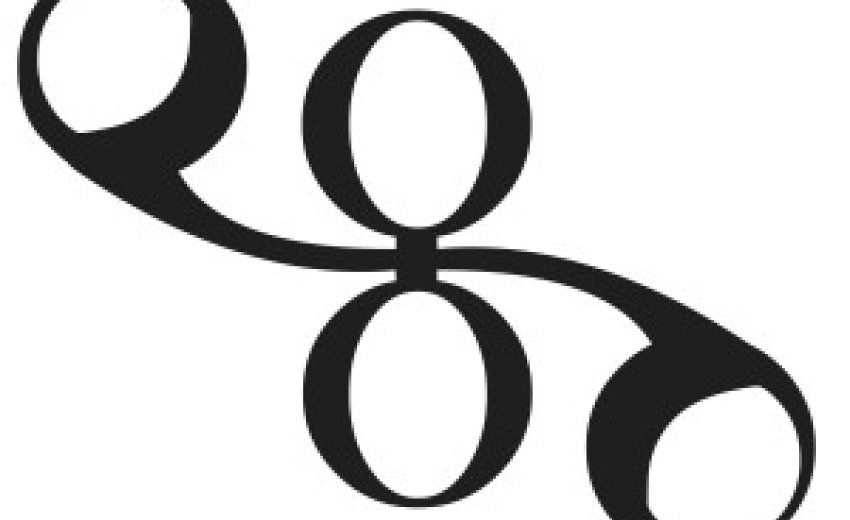|
A Little EGO May Be a Good Thing I.J. Singh |
|
Sikhi dwells heavily on the five fundamental evils that haunt and command us. They define our life; its purpose and demeanor - the kind of person we become. And further we learn that haumae, translated loosely but universally as ego in Sikh parlance, is the supreme evil that drives and empowers the other four -lust, envy, greed and anger. Ego then is the root of all evil. Deal effectively with ego, extirpate it from life, and all will become copacetic. That's the way Sikhi often seems to present this matter. Today let's parse the idea of haumae or ego, as we see it. Let's dub the exercise meditations or reflections on ego. In musical terms, it's like a riff or an ostinato; both are thematic and serve by changing chords or harmonies in short and repeating spells of background music to solo improvisation. This remakes ego almost into a magical spell. It is that but what exactly do we mean by the term "ego." I am not a behavioral scientist, but today I am going to step into this minefield. Id, Ego & Super Ego Richard Dawkins, in a book aptly titled The Selfish Gene posits a gene that is largely, if not only, concerned with its own replication and survival and defines much of behavioral strategies that have emerged, and continue to arise, from the "disorderly experience of life and the mix of ever-renewing chromosomes" (from Tim Radford's review of The Selfish Gene). Behavioral experts view personality as a mix of three distinct but intermeshed parts: Id, Ego and the Superego. These three, according to Freudian theory, in complex interaction, form and regulate the complexity of human behavior. A Canadian academic psychologist, Dr. Surinder Singh Sodhi, tells me that this Freudian construction has been superseded by some very elaborate neuronal models that are the underpinnings of our sense of self, but that level of molecular-cellular biology is not the primary goal here today. Id is the basic personality that seeks instant gratification for one's needs and wants. If they are not quickly met, I suppose, a behavioral episode ensues. It is like a hungry baby that howls incessantly until fed. Think of the many friends and foes who operate at this level, having never learned to separate their wants from their needs, or that some gratification becomes sweeter with the waiting. Ego is the next level that regulates our social behavior. One learns to tame the pangs of instant gratification. Ego deals with reality in the pursuit of our wants. Finally there is the Super Ego that adds the role of judgment and social morality - the parsing of right from wrong, even when the law turns a blind eye to the action. It seems that these three parts of the self, particularly the ego and the superego are the most, intimately and inseparably, intertwined. Scholars of psychology may cavil on the finer points of what is a sense of self, but I offer you here fair working definitions of Id, Ego and Super Ego that give our lives a structural framework. Ego in Guru Granth Sahib
The Guru Granth offers us extensive exploration of the concept of Haumae and how it plays in human life. The longest and defining composition (p.466) is an integral part of 'Aasa-ki-Vaar' (p. 462-475). The part on haumae is largely the composition of Guru Nanak, a smaller part comes from Guru Angad. A core belief in Sikhi is the idea of a sense of self, so haumae claims attention a myriad time. When translating Gurbani, with nary an exception, Haumae is translated as Ego. A life fed and defined by haumae is transcribed in English as an ego-driven existence, and roundly condemned. True that Haumae empowers the other four cardinal sins - avarice, greed, lust and anger. And then our emphasis immediately shifts to the many lines in Gurbani that exhort us to extirpate root and branch all signs of ego in our lives -- only then would we be able to realize the Creator within us all. But perhaps a more nuanced interpretation is more appropriate here. Let me offer first the defining hymn from the Guru Granth (p. 466); text and translation are reproduced from Wikipedia: Ha-o vich aa-i-aa ha-o vich ga-i-aa (In ego they come, and in ego they go.) Given such an all-pervasive presence in a Sikh life, I wondered why and how could "ego" be the pure evil that needs to be uprooted absolutely - exhortations that we hear every day in gurduaras. I suggest that our confusion is shortsighted. We overlook that these lines of Guru Nanak are immediately followed by a brief hymn by Guru Angad on the same page (p.466). I offer a few lines: Ha-umai kithhu oopjai kit sanjam ih jaa-ay (Where does ego come from? How can it be removed?) Some Ideas about Ego Now when I juxtapose the clarity and definitional constraints on Id, Ego and Super Ego with the defining usage of the word Haumae for the variety of applications in the hymns cited above I have to wonder about the appropriateness of the word Ego as translation of Haumae. Ego, as psychoanalysts tell us, deals with reality in life and its goals. Clearly then Haumae is distorted reality. It seems then inappropriate to use the two as synonyms of each other. Forget not that ego, in psychoanalytic terms, is the core of our sense of self. Keep in mind that our focus is on a sense of self. In our opening definitions we noted that Id speaks of our needs and wants; ego regulates and tames our social behavior, while super ago adds the dimension of legality and morality to the mix. A reader (Ali Zain) cut to the chase by a snappy summary; Id is pleasure, he said, while ego is reality and superego is morality. And, as noted earlier in this essay, remember that the panacea for ego lies in the disease (Guru Granth p 466). No question that ego needs to be tamed but, clearly, our sense of self emerges from it. Given its pervasive presence within our life, this God-given trait can't then be pure unbridled evil, except when ego itself becomes purely unbridled. We know that in life a self-assertive stance is desirable but an aggressive attitude is not. It is also true that ego lies at the root of the four additional major distractions to a good life - lust, greed, avarice and anger. Without the ego, they likely would not exist. These five can morph into the devil's work but harnessed to greater goals they make life possible, giving it meaning and purpose. What we need then is an ego harnessed and disciplined to the greater sense of self. Since ego begets lust, greed, avarice and anger, the same conclusion applies to them. What we really colloquially mean by ego then is an uncontrollable and exaggerated love for the self and a misplaced judgment of our puny place in the universe. Such a searingly negative change in the sense of self is perhaps better labeled Narcissism that behavioral scientists define as "extreme selfishness. It comes with a grandiose view of one's own talents and a craving for admiration, as defining a personality type." Greek mythology speaks of Narcissus, a hunter known for his beauty. In his pride he disdained all that were around him. The Gods noted his behavioral aberration and lured him to a pool, where he fell in love with his own reflection in the water. Unable to leave the beauty of his image, Narcissus drowned and gave us the term narcissism for the image that we portray to others around us. I look similarly at haumae (pride, hubris or narcissism) and the four additional monsters it spawns of lust, anger, greed and avarice. All five, disciplined in service, are essential to making a life. Each demands uprooting when it runs amok. It is really this degree of self-centeredness or pride that Gurbani is talking about that we term ego. Perhaps we have mishandled the literal translation of haumae as ego. A sense of self is essential to life. In all dialogue there is "You and I" even in a conversation with the Creator. In a merger termed "us" there is you and I. In short, the word haumae has two powerful ideas inherent in it. One is the ego that gives us a sense of self; it needs to be nurtured and disciplined. The other is the ego run amok as in narcissism and this deserves to be expelled lest it destroy us. The distinction between the two is critical. (I owe some of the insight on narcissism to conversations with Dr. Harbans Lal from Texas.) Has mine today become a paean to ego? What gave life to this essay today? Well! I have a birthday looming and my thoughts naturally veered towards haumae.
Just remember that too much of a good thing doesn't make it better; it may become worse. And that's the way with ego and its cohorts. April 28, 2015 |







